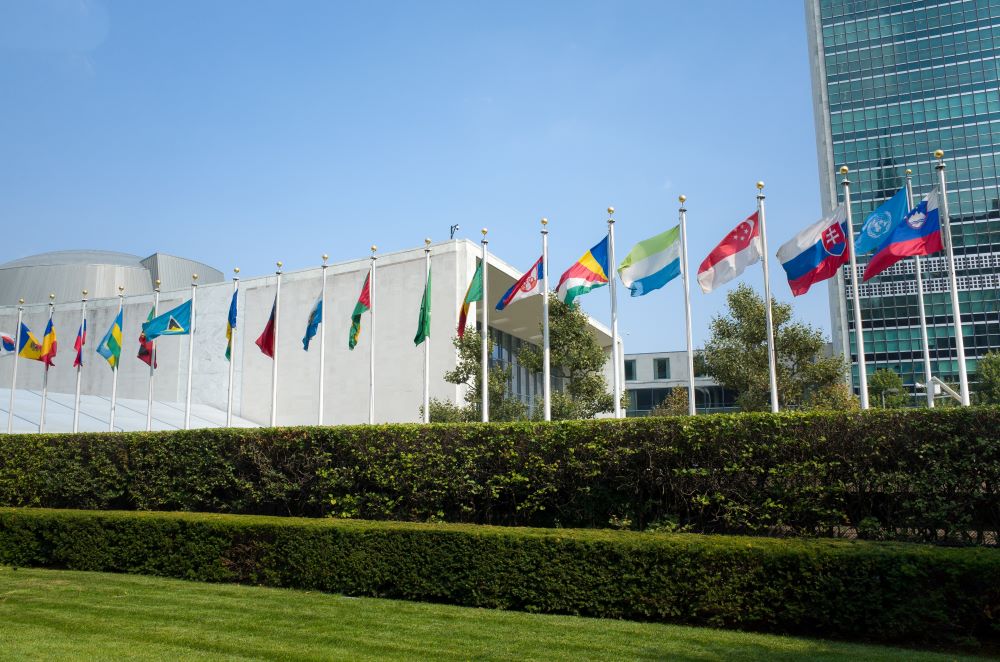Political Science offers National Security & Intelligence Certificate

The Department of Political Science is offering all students the opportunity to pursue a National Security and Intelligence Certificate. This specialized certification aims to equip students with invaluable skills in national security and intelligence.
Designed to cater to students across all majors, the program offers a unique opportunity for individuals to distinguish themselves in an increasingly competitive job market.
"The value of the certificate is that it will appear on your transcript as a certification that clearly communicates your credentials in the areas of national security and intelligence," said Certificate Director Matthew Clary. "The certification immediately proves to relevant employers and audiences that a recipient is familiar with the key concepts and processes of national security and intelligence."
The National Security and Intelligence Certificate requires 15 credit hours to be completed, including three required courses: Introduction to International Relations, National Security Policy and Strategic Intelligence. Students may also choose two additional group courses from the following list, although other courses may be applicable and added as the program develops:
- POLI 3140: American Foreign Policy
- POLI 3170: Russian Foreign Policy
- POLI 3190: International Relations of the Middle East
- POLI 3450: International Security
- POLI 3460: International Conflict Resolution
- POLI 3730: Issues in International Relations–Civil-Military Relations
- POLI 3730: Issues in International Relations–History of Intelligence
- POLI 3730: Issues in International Relations–Covert Action
- POLI 3730: Issues in International Relations–Politics of NATO
- POLI 4710: Nationalism and Ethnic Conflict
- POLI 4920: Political Science Internship
- POLI 5570: National Security Law
In correspondence with their coursework, students can also participate in a summer study abroad program that allows students to live in Brussels, Belgium, the headquarters of NATO and the European Union. While not required, certificate participants are able to study the politics of NATO and transatlantic relations by touring NATO headquarters and engaging with relevant stakeholders of NATO and the EU.
As trends like artificial intelligence become increasingly commonplace, Clary emphasizes the importance of the skills students will learn through the certificate program, such as critical thinking and professional communication.
"Highly valued analytical and critical thinking skills both orally and in writing are becoming more and more desirable among employers, particularly as artificial intelligence (AI) begins to become integrated into the workplace and students will need to possess analytical, out-of-the-box thinking skills that AI struggles with," said Clary. "Students entering the workforce in coming years will need to be better than AI and do what it can't. That's a central objective of this new certificate program."
To learn more about the new National Security and Intelligence Certificate, contact Senior Lecturer Matt Clary.
Tags: Political Science Students






